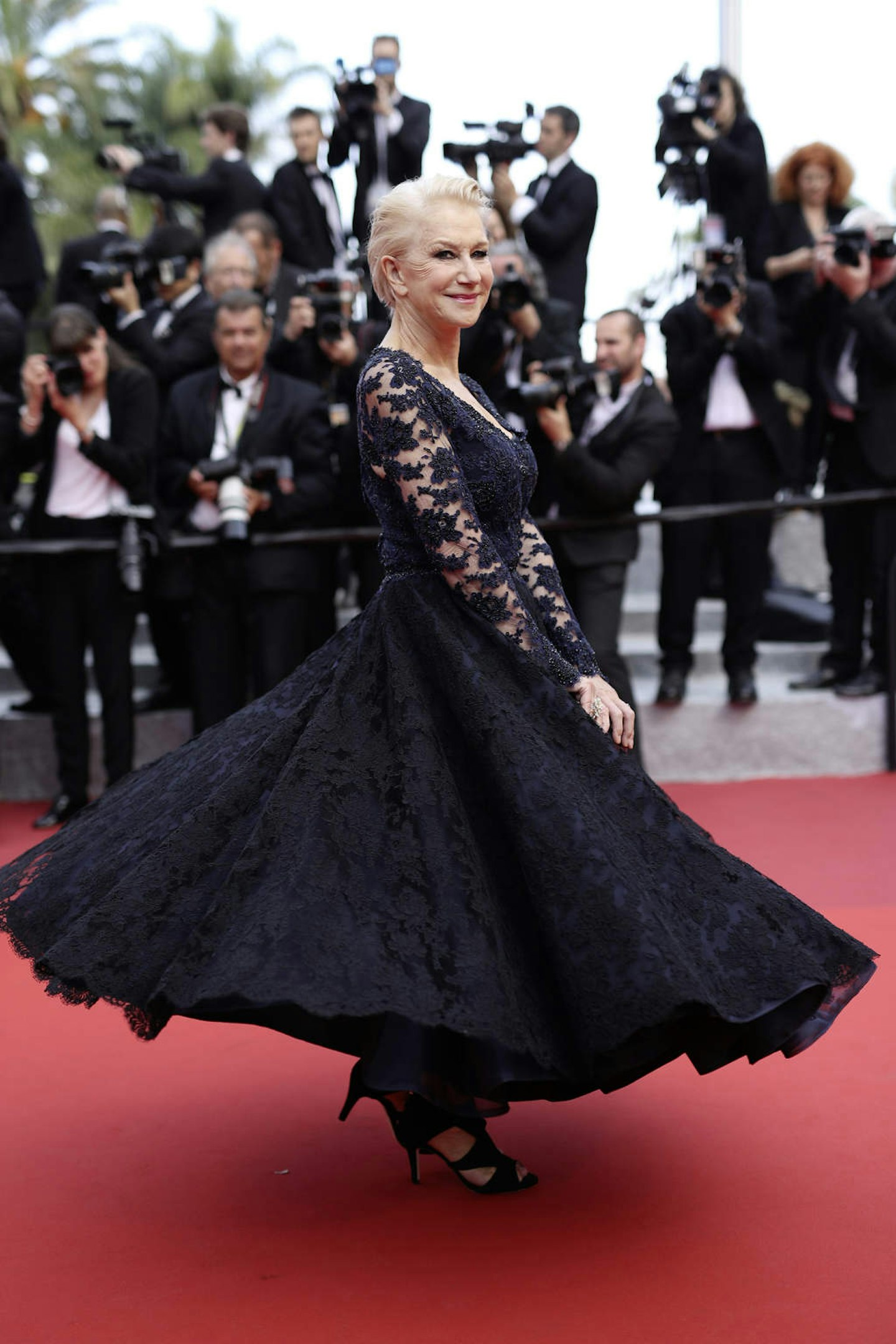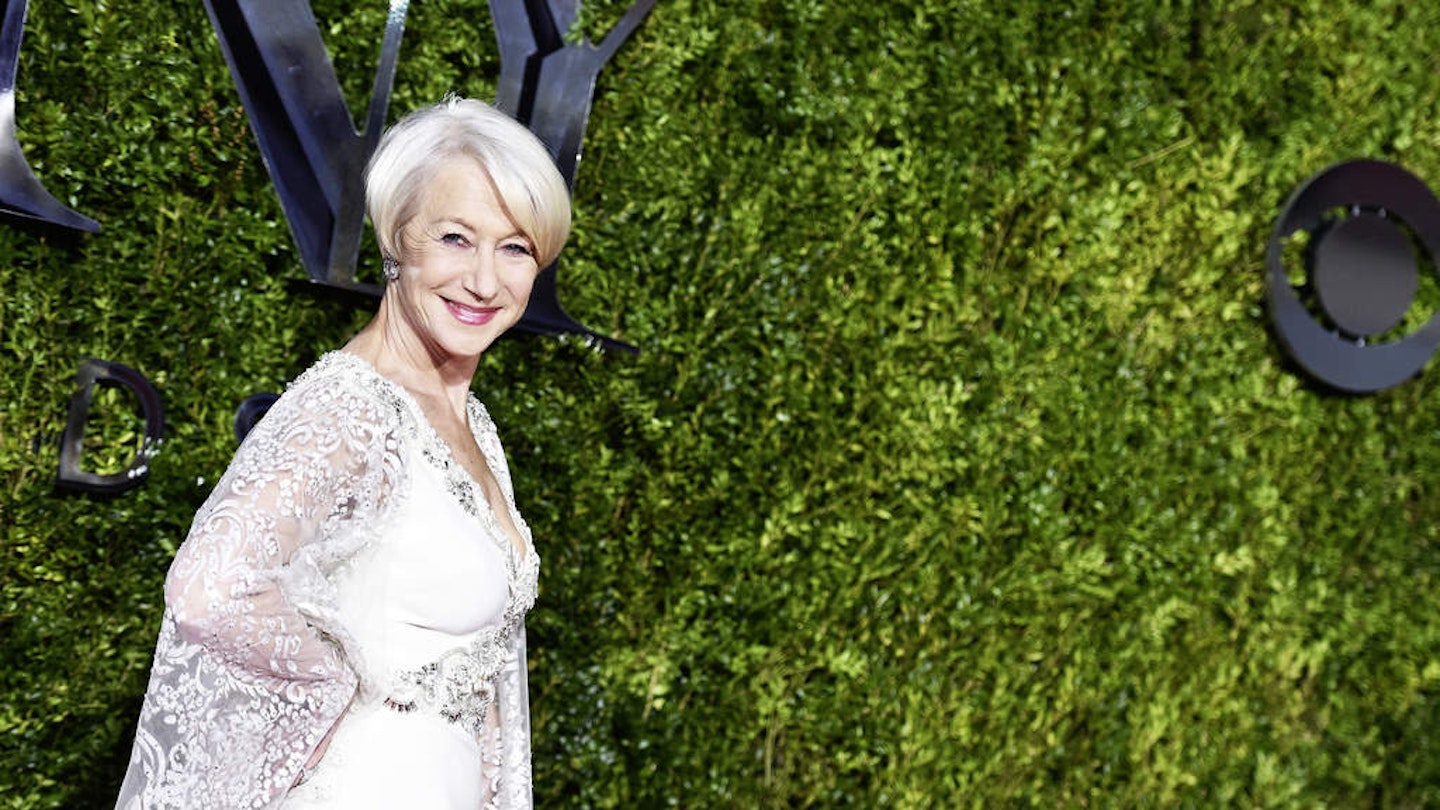Over the last 40 years, beauty shoppers of a certain age have grown accustomed to seeing one term in particular emblazoned on products – ‘anti-ageing’. But a growing number of brands are jettisoning the term following negative feedback.
Dame Helen Mirren brought this issue to the fore earlier this month in
an interview with American magazine Allure. Recounting a conversation she had with L’Oréal Paris about its products, she said she told them, ‘This word, “anti-ageing” – we know we’re getting older. You just want to look and feel as great as you can.’ Consequently, she became the face of the Age Perfect range.
WATCH: On-The-Go Beauty Hacks
L’Oréal, of course, is not alone in changing its language around ageing. Vichy is trying out the term Slow Age for its products for older skin, YSL has Forever Youth Liberator, while Murad has Age Reform. These new monikers are intended to show that age is to be celebrated and embraced rather than battled – a sentiment that began to be discussed more than 10 years ago, when Chanel surveyed its customers and found they were positive about ageing. Focus was switched away from a ‘war’ on wrinkles in favour of getting your glow back and improving the complexion.

But this era of Beauty 2.0 is far more disruptive than simply being anti anti- ageing. The entire world of cosmetics is updating its notions of ‘beauty’. Last week, ASOS announced it is rebranding its Beauty section as Face + Body and moving away from the narrow, conventional, gender-strict definitions of the word, perhaps in part due to the growing influence of young male vloggers making waves with their viral tutorials, which share their in-depth product knowledge and skilled make-up artistry.
It has already proven a successful strategy for rebel brands that refuse to be pigeonholed into appealing to specific ages, races or genders. The Ordinary, which offers problem-solving unisex bottles of active ingredients for around a fiver, has just been snapped up by Estée Lauder.
The Ordinary founder Brandon Truaxe told me recently, ‘Beauty is out of step with the way people lead their lives. Skin, hair and body care should be about solving problems. Women of 25 worry about lines, women over 60 still get acne, men want to unblock their pores, and the solutions are the same, no matter your gender, skin colour or age.’
‘Who decided that scent should have a gender?’ adds perfumer Geza Schoen, creator of cult fragrance Escentric Molecules. ‘Why is a rose feminine, or leather masculine? It’s ridiculous.’ Little wonder, then, that Guerlain’s new scent, Lui, is being marketed as gender-fluid. We all know women who wear men’s scent and men who use their partner’s face creams. And exactly why are women’s razors pink and twice as expensive as men’s?
Whether or not all beauty giants truly care about the opinions of women over 40, I’m not sure, but they do care how and where we spend our cash. By 2020, over 40% of the population will be over 50 and we have money to spend and are brand- loyal. Just ask the 50-something Estée Lauder Advanced Night Repair fans who were aghast when Kendall Jenner, 21, was cast as the face of the brand last year.
It would, however, be naive to believe that these changes come from an entirely altruistic and progressive standpoint. The beauty world remains a multibillion- pound business and it exists to make more. But there’s no doubt these changes will finally mean we are seeing more people like us – all ages, races and gender identities – being reflected back from those glossy beauty ads. And that surely has to empower us all.
READ MORE: Helen Mirren Says The One Thing We're All Thinking When It Comes To Skincare
